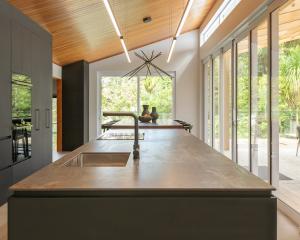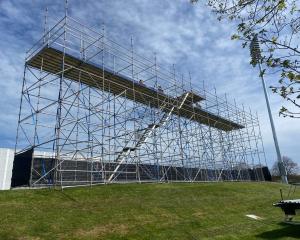
It's a cliche, but for most the purchase of a home is the biggest investment of their lives.
So it makes sense to consider the entire process to make sure you don’t end up regretting it. Here are some tips to avoid many of the potential pitfalls.
Finances
How big is your mortgage deposit? This will obviously dictate how much you can afford to pay for a house. Talk to a mortgage broker as they have existing relationships with banks and are in a position to negotiate better terms for their clients. If your mortgage is preapproved then you’ll be poised to act immediately when you find your dream home.
Location
Perhaps the most important factor in real estate is location. Assess your needs and look in the suburbs that will best meet them. Are there schools and amenities nearby? How’s the traffic, the street noise? How long will the commute to work be? Who could be your neighbours? Is the empty section or derelict house next door likely to be redeveloped into student accommodation? Are houses in the suburb generally a good investment? Look at the statistics over the last decade or longer.
Fit for purpose
What are your minimum requirements? Chances are you will need extra space as children grow older. How will your needs change over the time you live in the house? There are other practical considerations too. What work is required? Will you struggle to maintain the garden? Will your existing furniture fit into the available space? Is there enough storage for your belongings? What is the parking situation? How is the home heated, and is it well insulated?
Orientation
It might look like the ideal house, but the wrong orientation could result in the ultimate letdown. Good orientation towards the north takes advantage of the available sun, meaning a more comfortable and energy-efficient home. Find out how much sun the house gets at different times of the year. There are apps that will tell you. Will the neighbour’s house or trees block your sun in the colder months?
Checks
When you’re interested in a house there are several key checks that should be carried out. Assuming you have employed the services of a conveyance lawyer, they will carry out a title search on the property. They can also obtain a Land Information Memorandum (LIM) report, with information held on the property by the local council, and a more in-depth property file. A valuation will indicate whether the asking price for the house is realistic. A building inspection report offers a thorough assessment of the property which may ultimately save you thousands of dollars.
Open home, open mind
Things to look out for at an open home:
Outside
- Exposure to sun and wind
- Large trees
- Privacy and noise levels
- Condition of walls and paint
- Condition of roofing and guttering
- Condition of fences, gates, and paths
- Is there off-street parking?
- Check under house for dampness and condition of insulation
- What is the drainage situation?
- Does the outdoor living space meet your needs?
- What is the state of your potential neighbours’ properties?
- How does the house compare to others on the street?
Inside
- Signs of dampness, mould, rot, and borer
- General condition of the walls, floors, and ceilings
- Do windows and doors open smoothly?
- Smells can indicate poor ventilation
- Do the appliances work?
- How well insulated is it?
- Potential electrical and plumbing issues
- Is there enough storage?
- The size of the rooms
- Could you expand if necessary?
- Does the layout work for you?
- How good is the natural light?












